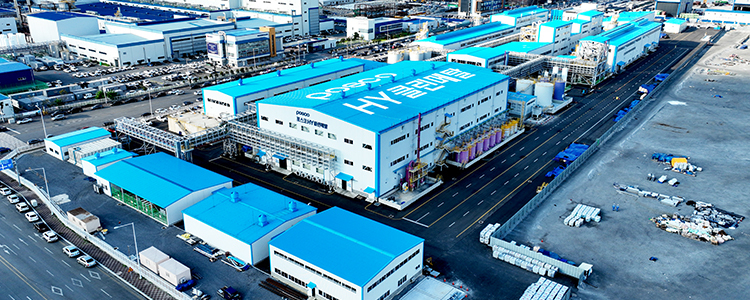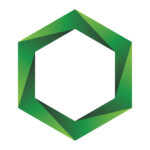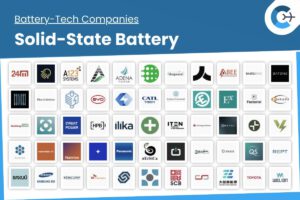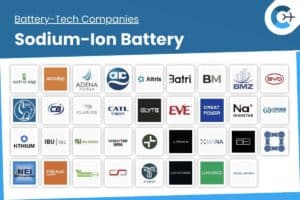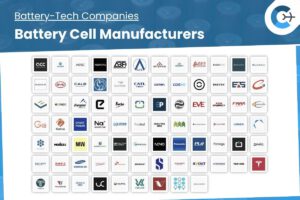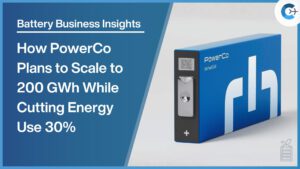Major South Korean companies are increasing their participation in electric vehicle (EV) battery recycling, anticipating the sector’s growth as used batteries accumulate and global regulations tighten. LG Energy Solution has launched its first direct recycling operations in Europe and the United States through joint ventures with France’s Derichebourg and Japan’s Toyota Tsusho. Meanwhile, SK Ecoplant is expanding its Netherlands facility to process an additional 25,000 metric tons of black mass annually, targeting completion in 2025. Posco-GS Eco Materials, a joint venture between Posco Holdings and GS Energy, secured full ownership of Posco HY Clean Metal by acquiring the 35 percent stake previously held by China’s Huayou Cobalt in April.
“It is late compared to other countries’ battery industries, as even Chinese companies such as CATL have their own recycling business,” said Park Cheol-wan, a car engineering professor at Seojeong University.
“Yet it is the right path for Korean companies, as securing a stable supply chain for minerals will become increasingly significant.”
These strategic moves come amid a downturn in battery recycling driven by weak EV demand and steep declines in key mineral prices. International lithium carbonate prices have fallen from more than 450 yuan ($63) per kilogram in January 2023 to around 50 yuan, while nickel prices dropped from over $31,000 per ton to approximately $20,000. As a result, SungEel HiTech, one of two battery recyclers listed on Korea’s Kosdaq, has reported two consecutive years of reduced profitability and free cash flow. Planned projects, such as SungEel’s joint initiative with SK Innovation and SK Ecoplant’s facilities in Gyeongju and Kentucky, have seen indefinite delays or no progress.
Despite current challenges, industry observers expect a surge in used EV batteries around 2030, as vehicles sold during the mid-2010s reach end of life. SNE Research projects the global battery recycling market to grow from $8 billion in 2022 to about $53.57 billion by 2030. Experts note that recycling will be key to securing critical minerals amid tightening policies. The European Union mandates minimum recycled content in EV batteries by 2031—16 percent cobalt, 85 percent lead, 6 percent lithium and 6 percent nickel—with higher thresholds set for 2036. In the United States, the Inflation Reduction Act limits tax credits for vehicles using components from certain foreign entities, encouraging domestic material sourcing through recycling.
Securing recycled minerals in-house is increasingly viewed as a strategic necessity rather than a standalone profit center. As Park Cheol-wan, a car engineering professor at Seojeong University, stated, “(With policy changes in place,) it may become faster to secure used batteries rather than invest in new mines, exploration, refining and metal procurement. To ensure a stable supply of critical minerals, battery makers will be competing as if at war.”
Source: The Korea Herald

